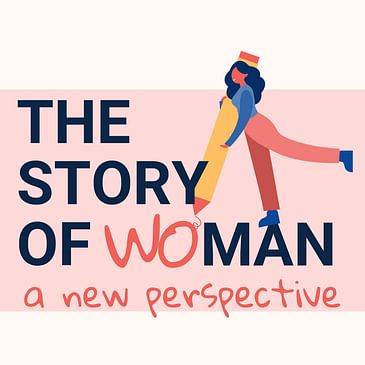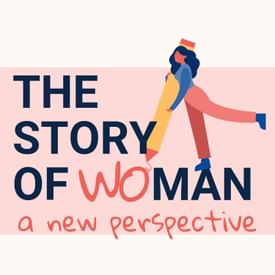In this episode, guest host Joanna Cummings takes the reins to interview Deborah Joseph, the UK Editor in Chief of Glamour Magazine. The discussion delves into the evolving landscape of women's magazines, feminism, and the transformative journey of Glamour from a beauty-focused brand to a platform advocating female empowerment.
Deborah highlights the positive shift in the beauty industry away from the size zero aesthetic and discusses her personal approach, choosing authenticity over conforming to external pressures. This episode serves as a thought-provoking exploration of the complex relationship between women's magazines, societal expectations, and the ongoing journey towards redefining beauty and empowering women.
Some topics we cover include:
- How Glamour, a magazine founded in 1939, has transitioned from a print-first brand to a digital powerhouse with a focus on female empowerment in the modern era
- Glamour's commitment to being the women's story behind the news, amplifying women's voices, and addressing societal issues through a lens that reflects women's experiences
- How the concept of beauty is expanding beyond traditional standards, embracing authenticity and challenging societal expectations
- How Glamour balances commercial considerations with its commitment to empowering women
- Impactful Glamour projects like the self-love issue and the Transparenthood cover, aimed at empowering marginalized communities
Transcription is available here
--
Become a Patron for access to bonus content and to support the podcast, or buy me a (metaphorical) coffee
Follow us: Instagram | Twitter | Facebook | Tik Tok | Youtube | LinkedIn
Subscribe to our newsletter for a weekly dose of all things WOMAN
We need more women’s stories in the world!. If you’ve enjoyed this episode, please share, subscribe, rate and review on Apple, Spotify or wherever you listen to your podcasts
Explore The Story of Woman book recommendations in the US and the UK - purchases support the podcast AND local bookstores 🤩
www.thestoryofwomanpodcast.com
Learn more about your ad choices. Visit megaphone.fm/adchoices




